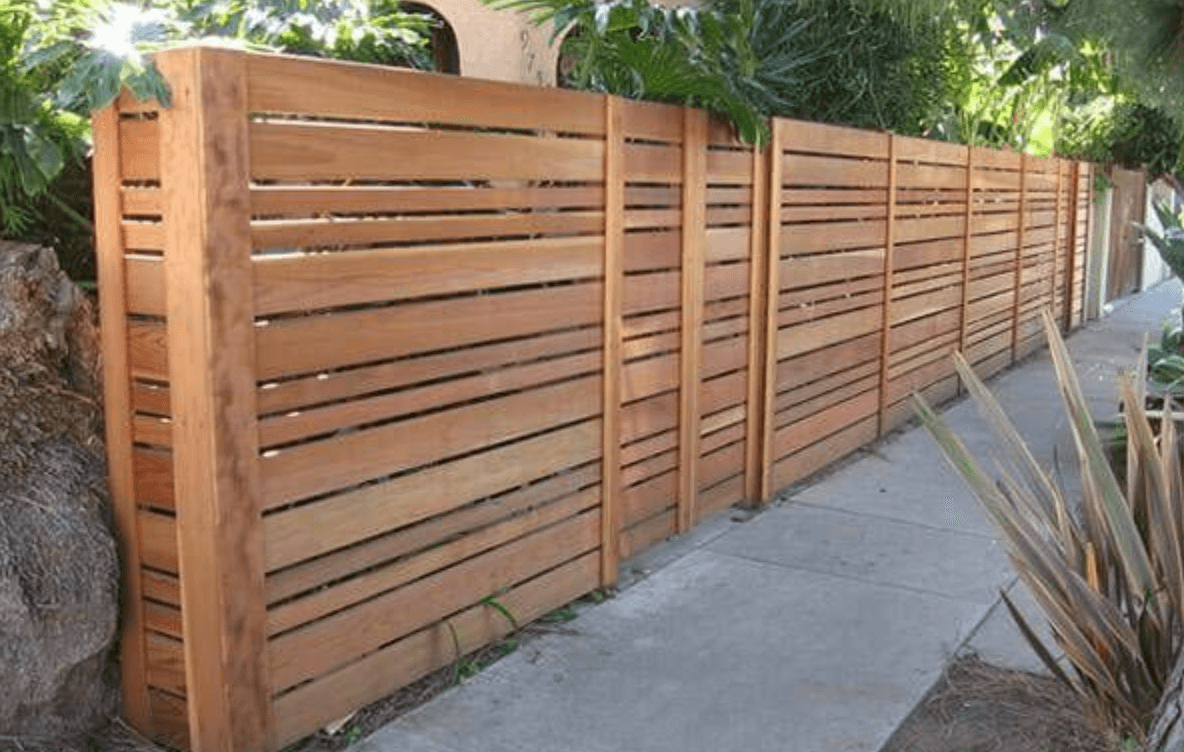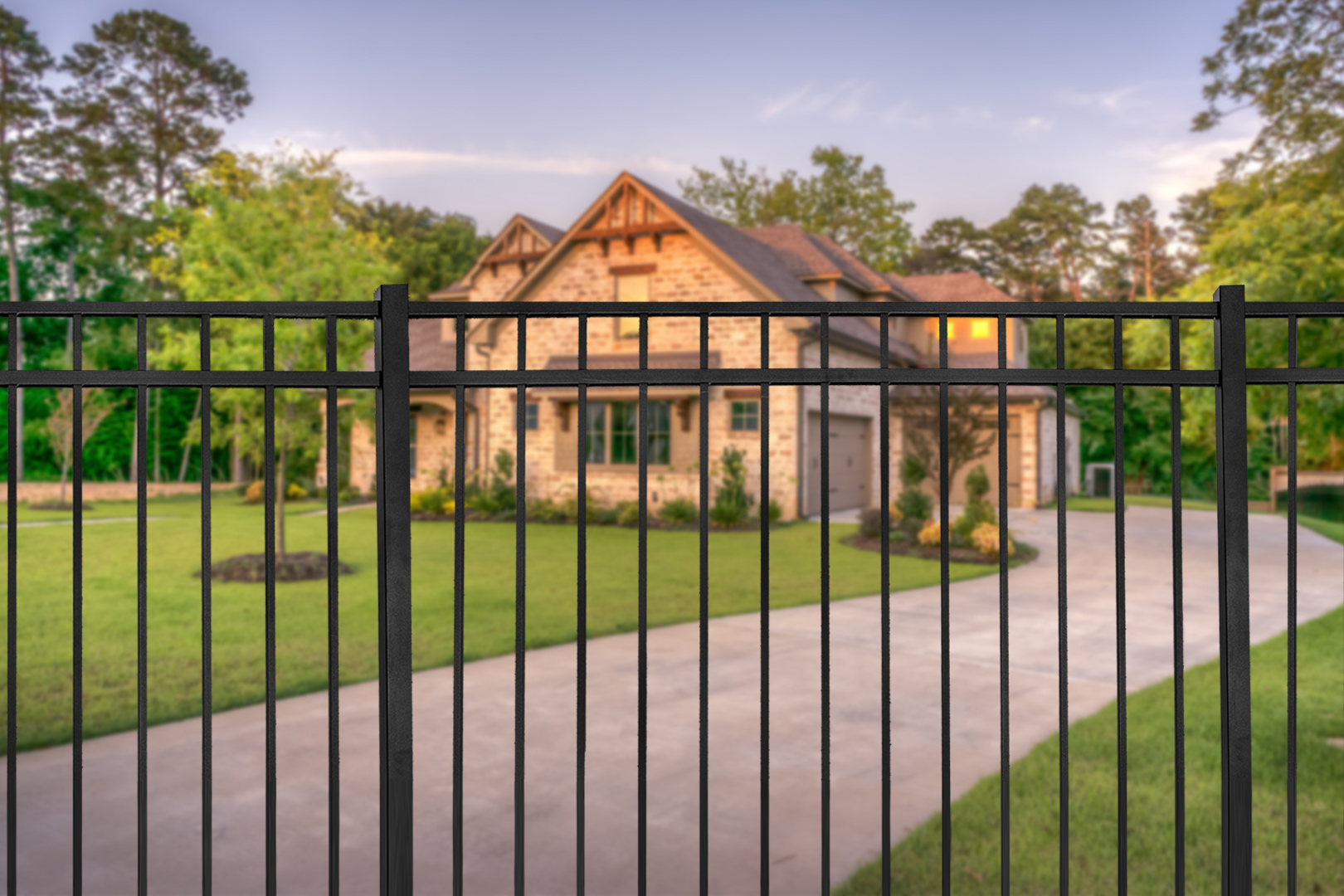All Categories
Featured

When installing a fencing, picking the best material is key to stabilizing performance, aesthetics, and spending plan. Wood, vinyl, and light weight aluminum are amongst the most frequently picked fence materials, each with its staminas and drawbacks. This guide explores the benefits and drawbacks of these choices to assist you make a notified decision.

Timber Fence. Pros:. All-natural Charm: Timber's ageless beauty can improve any kind of building with its classic and cozy look. Personalized: You can paint, tarnish, or sculpt timber to fit your design choices. Economical: Wood fencing is initially a lot more budget-friendly compared to some various other products. Environmentally Friendly: As a sustainable resource, timber is eco-friendly and frequently thought about environment-friendly. Disadvantages:. Maintenance-Intensive: Normal sealing, paint, or discoloration is called for to stop damage from climate and parasites. Prone to Decay: Without correct care, wood can rot, warp, or fracture with time. Shorter Life-span: Typically, timber fencings last 10-15 years, depending on the sort of wood and upkeep. Timber is a fantastic option for those who value aesthetic appeals and want to spend in normal maintenance to preserve its appearance and durability.
Vinyl Fence. Pros:. Reduced Maintenance: Vinyl requires marginal treatment-- simply occasional cleansing with soap and water. Weather Resistant: It doesn't warp, rot, or catch insect damages, making it extremely long lasting in various environments. Long life: Vinyl fencings can last 20-30 years with little to no fixings. Layout Range: Available in a variety of colors, designs, and structures, including wood-like appearances. Disadvantages:. Higher First Cost: Plastic fences are much more costly in advance contrasted to timber. Vulnerability to Cold: In incredibly winter, vinyl can end up being susceptible and weak to breaking. Minimal Repair Service Options: Matching substitute panels can be challenging if damage takes place. Vinyl fencing is optimal for property owners looking for a long-lasting, low-maintenance solution that uses modern versatility.

Light Weight Aluminum Secure Fencing. Pros:. Rust-Proof: Light weight aluminum resists rust, making it an excellent selection for damp or damp atmospheres. Sturdy: Regardless of being lightweight, light weight aluminum is solid and can hold up against harsh weather. Reduced Upkeep: It calls for minimal upkeep, typically just occasional cleaning. Long Life-span: Light weight aluminum fencings can last decades without substantial damage. Classy Style: Typically utilized for ornamental functions, aluminum fencing adds a smooth, innovative want to properties. Cons:. High Preliminary Financial investment: Aluminum fencings are among the more expensive options on the marketplace. Less Personal privacy: The open styles usual with aluminum fence do not provide much personal privacy. Vulnerable to Damage: While sturdy, light weight aluminum can damage if hit with sufficient pressure. Aluminum is an excellent choice for property owners prioritizing visual appeals and resilience without requiring much maintenance.
Making Your Decision. When choosing in between plastic, light weight aluminum, or timber secure fencing, consider your top priorities:
Timber matches those that value a natural look and do not mind placing in maintenance initiative. Plastic is the best option for those seeking a low-maintenance, weather-resistant option. Aluminum uses sleek style and durable sturdiness yet might do not have personal privacy. By very carefully analyzing these products' features, you can select a fencing that enhances your residential or commercial property while satisfying your useful and visual needs.
Latest Posts
Uncover the Best Auto Repair Deals in Montclare, Chicago
Published May 29, 25
1 min read
Explore Brake Repair & More: Complete Services Guide from Montclare Auto Repair
Published May 24, 25
1 min read
Explore Exclusive Auto Repair Offers in Chicago at Montclare Auto Repair
Published May 22, 25
1 min read